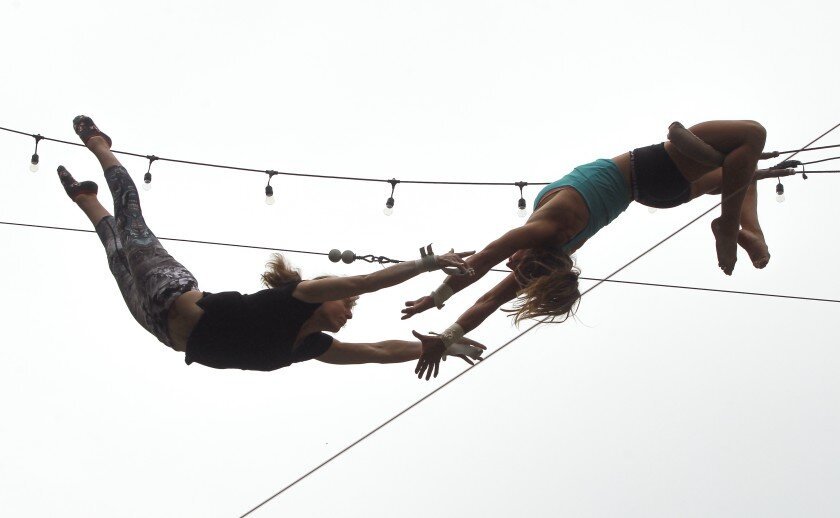Not one of my better Wordle days… And somehow my Wordle Stats pre-NYT never transferred over.
Spring is slowly appearing. Or should I say appearing and disappearing episodically, which is how March and April in Pittsburgh tend to go. I love the hope that more sun and warming weather seem to always bring.
Hope… we could all use a dose of hope.
The prophet Isaiah said it so well,
"But those who hope in the Lord will renew their strength. They will soar on wings like eagles; they will run and not grow weary, they will walk and not be faint."
Isaiah 40:31
It feels like that, doesn’t it, when we get a glimpse of hope. Like we can soar, run and not grow weary.
I often long for hope and forget that hope in the Lord means hope that comes with and from the people God places in my life. People can be bringers and givers of hope. How often do we look past the person in front of us to seek hope from some more ‘divine’ or transcendent kind of source?
Dr. Henry Cloud, in his very good book How People Grow, teaches us that when it comes to our hope, our growth, our discipleship, PEOPLE are God’s plan A. They are not the B team we fall back on when the more ‘holy’ or godly kinds of growth and hope fail us.
Read it again.
People are God’s Plan A for our hope, our holiness and our growth.
For me, my roadblock is often that I rely on my own strength as a source of hope and growth. I am a ‘white knuckler’.
Sound familiar?
The problem with that is that on my best days, I can delude myself into thinking I am in control of everything, and on my worst days I have nowhere to go for help. And that can feel pretty hopeless.
But if Henry Cloud is right, and I believe he is, then people are God's plan A, and I need to pay attention to “the WHO” in my life. Those people who are near, who I can lean into, and find comfort from on the bad days, and joy with on the good days.
During the pandemic (summer 2021) I joined a virtual book study . It was a good group of people talking about very hard things related to race, equity and reparations.
This was also early in the Wordle phenomenon that was capturing the attention of word people everywhere.
People were daily posting their Wordle results onto Facebook and little groups formed of people who provided Wordle support to one another–cheering one another on when the score was 2/6 or 3/6 and offering solace when you broke your streak and got the dreaded x/6.
Somehow, 3 of us who were part of that book group, and had a text thread going related to the content, began to also start sharing our Wordle results every day via the thread.
Every day for the last 18 months, someone missing occasionally due to travel or other reasons, we have shared our Wordle results. The text might come early in the morning, for those who rise with the chickens (not me), or in the wee hours, when one of us might have a bout of insomnia, or late in the evening when time zones and full days prevent us from posting sooner.
We send notes of encouragement when one of us might be stuck but never hints or spoilers- (we have Wordle integrity).
And soon after we started, we began sharing more. Not every day, but often one of us would have a prayer request or might be dealing with a difficult situation and ask for wisdom or guidance.
Each of us has navigated some very rough waters since we began which has included professional challenges of epic proportion, personal heartache that required comfort and support, and other hills and deep valleys of an uncertain world.
Through it all we have had one another, a small beacon of daily hope that comes in the form of a Wordle message.
There are 2 people out there in the world who know I am alive and are waiting to hear from me, and I them. Who care about my life and the details of it. Who I can lean into when I am feeling hopeless.
In his recent book The Good Life, Robert Waldinger chronicles the result of the longest study ever led on happiness and what it takes to live a meaningful and fulfilled life. The results are stunning and thought provoking. It boils down to one simple thing.
“Relationships in all their forms—friendships, romantic partnerships, families, coworkers, tennis partners, book club members, Bible study groups—all contribute to a happier, healthier life.”
Relationships– the quality and character of our relationships is the key to happiness.
My Wordle friends bear witness to this simple truth. They are WITH me, and they are FOR me. And I with and for them.
We have formed a unique and lovely bond over this consistent touch point and It is for me a daily sign of hope. I have come to truly love and care about these 2 people, who I knew before all this started, but we now have a thicker kind of connection. I know I can count on these two in profound and substantive ways.
So look around you, who are your potential “Wordle “ people? Maybe you already have them, but if you don’t please go find them. They are only a Wordle away….







